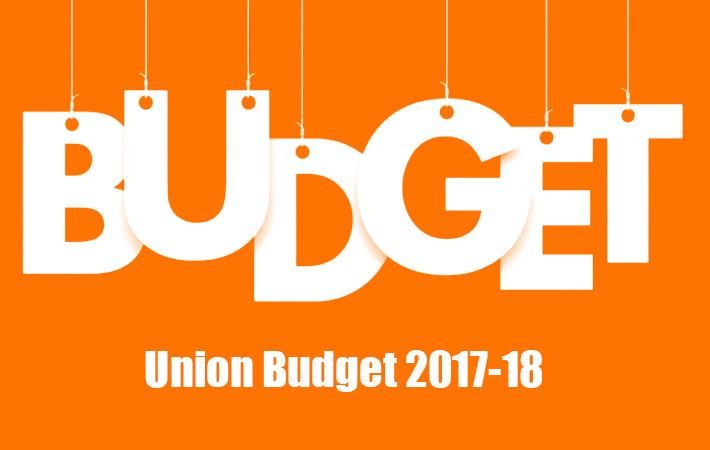Textile industry demands relaxation of laws from Budget

“To sustain the growth trajectory of the booming textile industry, the budget should focus upon better infrastructure, education and skill-set training; along with a further relaxation of laws to give a boost to the textile industry. The future for the Indian textile industry looks promising, buoyed by both strong domestic consumption and demands from export,” Lubeina Shahpurwala, partner, Mustang Socks told Fibre2Fashion.
Shahpurwala also said that the already booming textile industry will get an extra push with a favourable budget.
“With consumerism and disposable income on the rise, the retail sector has experienced a rapid growth in the past decade with the entry of several international players like Marks & Spencer, Guess and Next into the Indian market. This industry will continue to explode, and a favourable budget will give the industry an extra push,” she added.
“From the textile and allied industries point of view, the government needs to boost domestic demand- reduction in income taxes would definitely help,” MS Mohan, managing director of Resil Chemicals, exclusively told F2F via email.
He has also urged the government to provide more incentives to upgrade machinery as well as preferential power rates for the industry in the upcoming Budget.
“The government also needs to give much better incentives to the textiles industry especially for machinery upgradation and preferential industrial power rates. Indian textile exports are facing increasing competition from Bangladesh and Vietnam, which have robust government policies supporting the local textile industry,” added Mohan.
Talking about last year’s budget, Shahpurwala said, “The 2016 budget did address a few gaps of the textile industry through revision of taxation, infrastructure improvement and relaxation of relevant policies directly affecting the industry. The budget also saw the import duty on elastane printed fabrics, cotton and metallic yarn dyed blended fabrics, cotton and spandex, metallic blended fabrics, cotton and silk lining fabric reduced to zero provided these articles are imported to manufacture garments for exports.”
The industry, second only after agriculture, provides employment to more than 100 million people directly and indirectly out of which most of them are uneducated and work on a daily wage basis. Contributing to more than 11 per cent of the total exports from the country, the textile industry is estimated to reach $223 billion in the year 2021. The textile industry also contributes to 5 per cent of India’s GDP and is expected to contribute even more in the near future, she noted. (KD)
Fibre2Fashion News Desk – India
































-Ltd..jpg?tr=w-120,h-60,c-at_max,cm-pad_resize,bg-ffffff)





.jpg?tr=w-120,h-60,c-at_max,cm-pad_resize,bg-ffffff)
.jpg?tr=w-120,h-60,c-at_max,cm-pad_resize,bg-ffffff)






